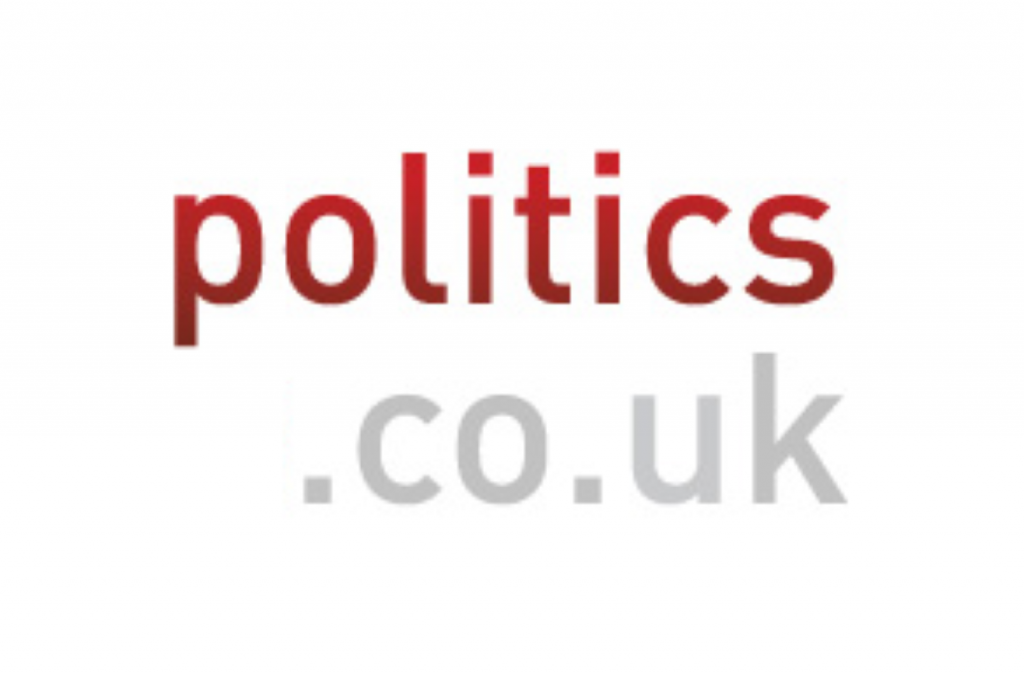Blair: Security must come ahead of civil liberties
Tony Blair has told the House of Commons that the need to protect the security of Britain must be put ahead of concerns about civil liberties.
Speaking during Prime Minister’s Question Time, Mr Blair said he understood there were civil liberties concerns about the Government’s proposed control orders for terrorist suspects. But, he stressed Britain was facing “terrorism without limit” and “those considerations of national security have to come before civil liberties however important they are”.
The controversial plans to impose control orders on terrorist suspects – ranging from internet restrictions to house arrest – dominated the exchanges in the Commons. Both Conservative leader Michael Howard and Liberal Democrat leader Charles Kennedy decided to use all their questions to tackle the Government’s plans.
Mr Howard accused the Prime Minister of attempting to “streamroller” the plans through Parliament.


He said the Conservatives would back an extension of Part 4 powers of detention without trial in the Anti-Terrorism, Crime and Policing Act 2001 beyond March 14 this year in order to allow Parliament greater time to debate the measures.
Mr Howard said the “Government is in the mess it is today because the existing legislation was rammed through Parliament”, and the House should be given the time to work towards a consensus.
He said the Conservatives had put forward carefully considered proposals – such as on the use of intercept evidence – and “there are alternatives to the Government proposals which would protect the British people and the British way of life”.
The Tory leader accused the Prime Minister of being “arrogant” and “playing politics” with national security.
But, Mr Blair said the Government needed to respond immediately to the Law Lords ruling that the powers were discriminatory and disproportionate.
He said he did not accept that the plans were being rammed through Parliament and stressed that the “unanimous” advice of the security services and police officers was that such control orders were needed.
Mr Blair said that the security services needed to be able to disrupt suspected terrorists early, and the “strong advice” the Government received was that allowing intercept evidence to be used in court would disrupt the process of gathering it.
“The only responsible thing to do is to put the security of our country before any other consideration. That is not only what a responsible Prime Minister would do, but what a responsible Leader of the Opposition would do as well”.
Mr Kennedy reserved his main concerns for the arrangements concerning judicial oversight of the scheme, demanding to know why the Home Secretary would be allowed to make a decision on a terrorism order and then have this order reviewed by the courts, rather than having the order decided by a judge in the first place.
But, Mr Blair said that while he “entirely understood” the point, the Government had decided that there were situations where the Home Secretary might have to act “very very quickly” and it would cause difficulties if judicial review had to be first sought.
He stressed that all cases would be before a court within seven days, but added we “hope to do it far more swiftly”.
And, he reiterated that national security considerations had to come above civil liberties.
“Were there to be a serious terrorist act in this country.no one would be talking about civil liberties but why we haven’t done enough to protect the country.
“Those considerations of national security have to come before civil liberties however important they are”.

